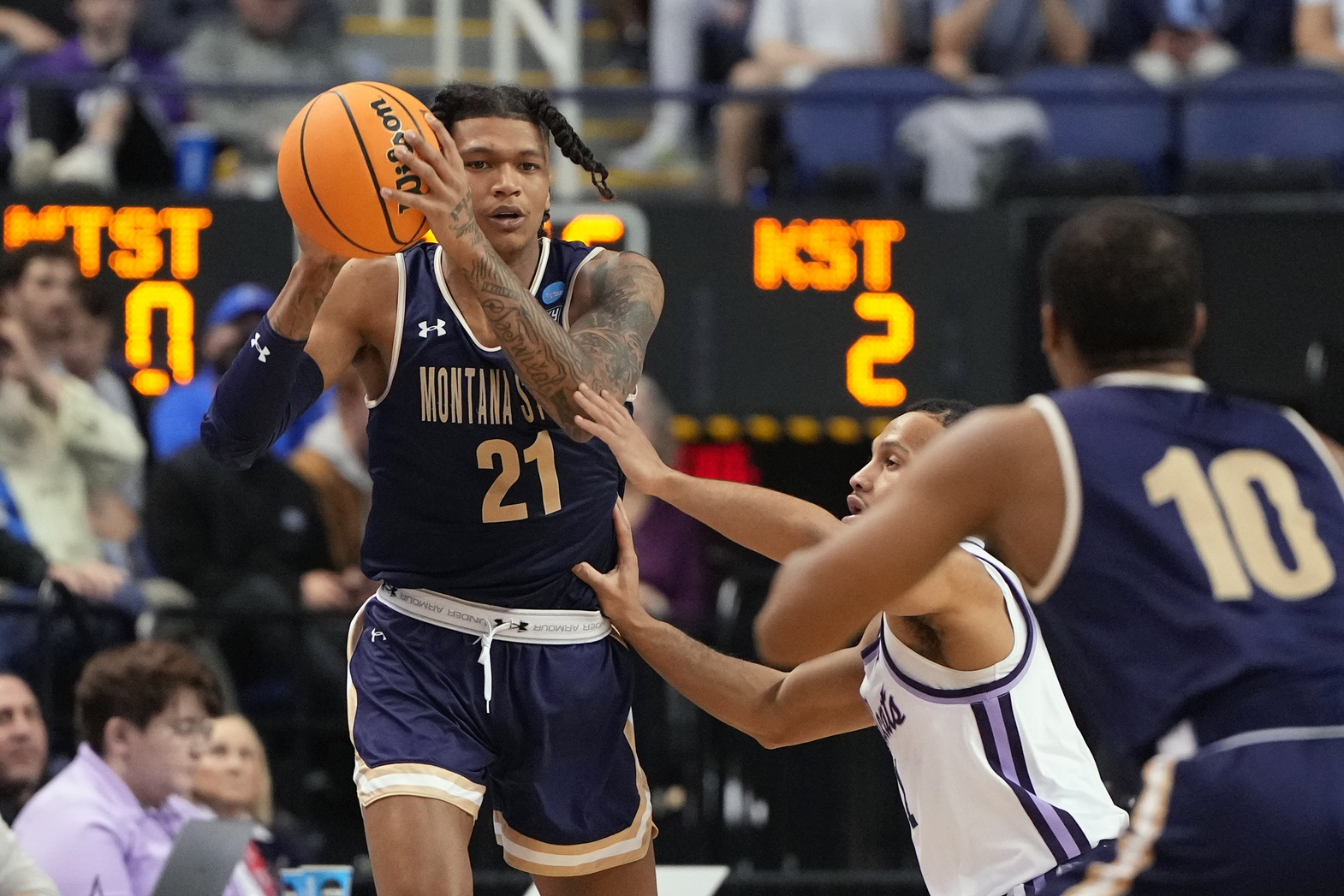Federal Judge Temporarily Strikes Down NCAA Transfer Restrictions

Bob Donnan-USA TODAY Sports
On Wednesday, a federal judge in West Virginia ruled to temporarily prohibit the NCAA from enforcing restrictions on second-time transfers for two weeks.
The lawsuit, State of Ohio et al v. NCAA, was filed last Thursday. Seven state attorneys general have alleged that the NCAA's remaining restrictions on athlete eligibility after transferring a second time violate federal antitrust law.
The NCAA is also prohibited from enforcing its "Rule of Restitution," according to the decision. That rule states that if a court grants eligibility to an athlete and later reverses that decision, the NCAA has the power to vacate records or wins that the team or athlete accomplished while they were playing.
The ruling technically only applies to athletes within the jurisdiction of the court: the northern district of West Virginia, Kennyhertz Perry sports attorney Mit Winter pointed out. However, the NCAA said in a statement that it will not enforce its transfer rule at least for the next 14 days. It also won't penalize players if the ruling is reversed. Athletes won't lose a year of future eligibility if they play a couple games and then lose eligibility again after the next ruling on Dec. 27, the spokesperson told Front Office Sports.
The case was largely inspired by the story of West Virginia basketball player RaeQuan Battle, whose eligibility waiver was denied by the NCAA after he transferred from a program where his coach abruptly left. Battle, as well as Miami of Ohio quarterback Maddox Kopp and Cincinnati basketball player Jamille Reynolds, testified during the hearing, which lasted more than two-and-a-half hours Wednesday.
Northern District of West Virginia Judge John P. Bailey clarified he did not have time to address Battle's specific situation. "The only thing I'm saying is that you can't make a player sit out a year," Bailey said.
Athletes' testimony, which covered everything from name, image, and likeness issues to mental health, seemed to place a specific emphasis on the fact that coaches can leave their positions at a school at any time, and as many times they want, without repercussions. Players, however, are only allowed to transfer once without restriction.
Wednesday's decision is not a permanent strikedown of NCAA rules. The next hearing, which will be for a preliminary injunction to keep this rule in effect until the case goes to trial or is settled, will be Dec. 27.
Editor's Note: This story has been updated with additional information.
What to Read
Front Office Sports Today
Is Ohtani's Deal a Problem for MLB?
0:00
0:00
Carter Ruffner- Spring 2024
ReplyDeletegot it
ReplyDeleteSpring 2024
McAndrews